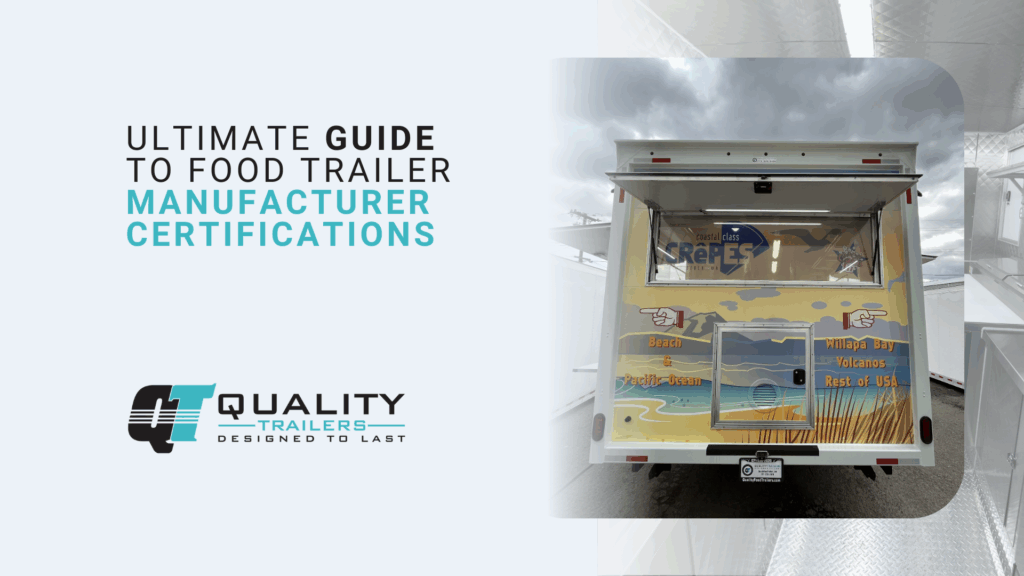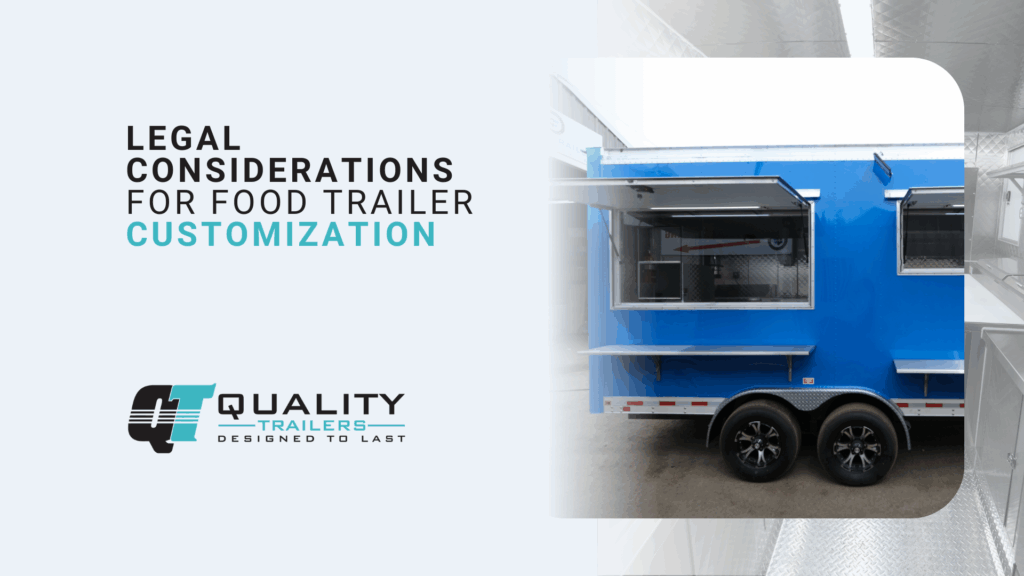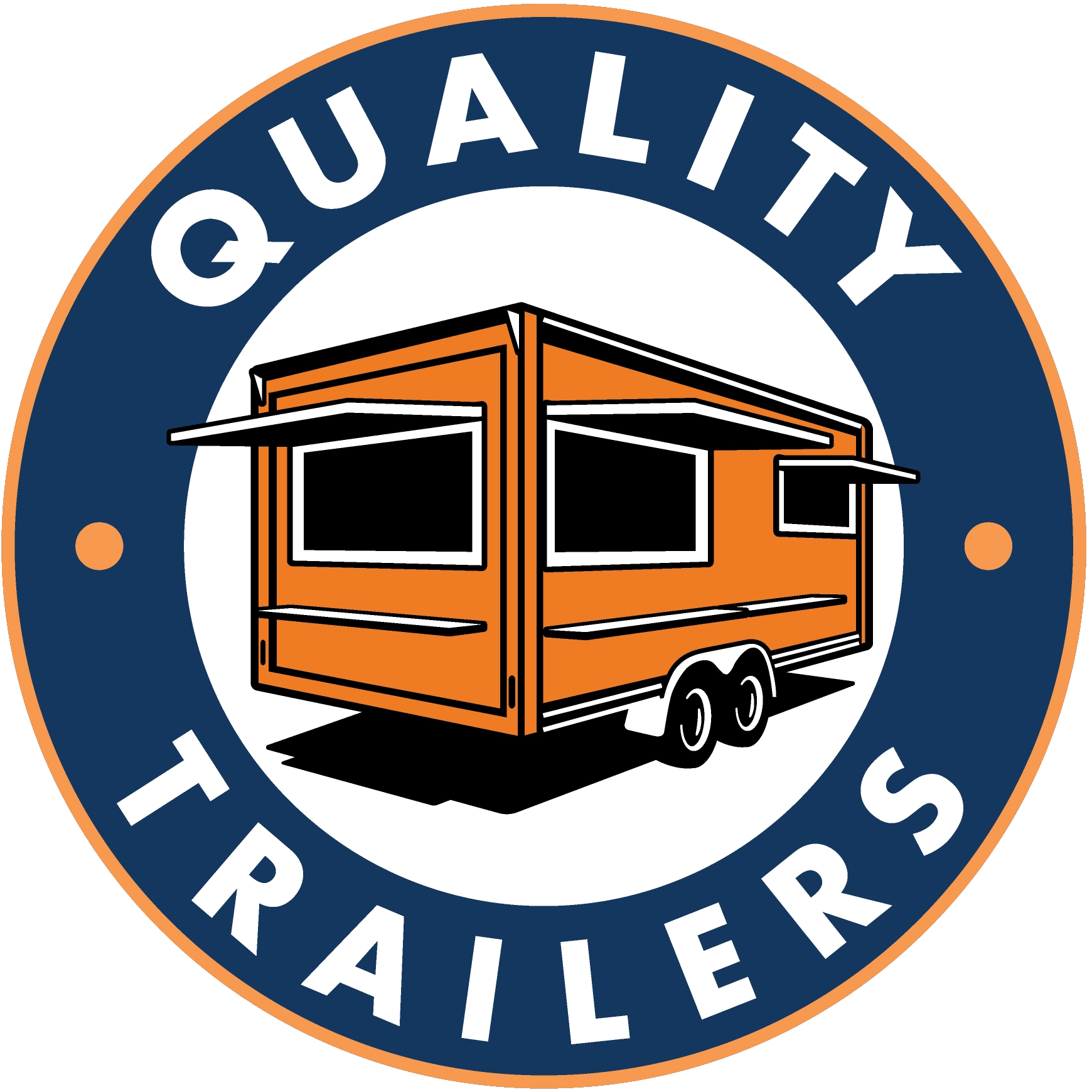Ultimate Guide to Food Trailer Manufacturer Certifications

When investing in a mobile food business, choosing certified food trailer manufacturers makes the difference between smooth operations and costly compliance failures. The complex landscape of certifications, standards, and regulations can overwhelm new operators, yet understanding these credentials proves essential for making informed purchasing decisions. Certified manufacturers demonstrate commitment to quality, safety, and regulatory compliance […]
Legal Considerations for Food Trailer Customization

Navigating the legal landscape of food trailer customization requires understanding complex regulations that vary by jurisdiction and operational scope. Every food trailer custom build must comply with multiple layers of oversight, from federal food safety standards to local parking ordinances. These requirements significantly impact design decisions, equipment selection, and ultimately, your ability to operate profitably. […]
